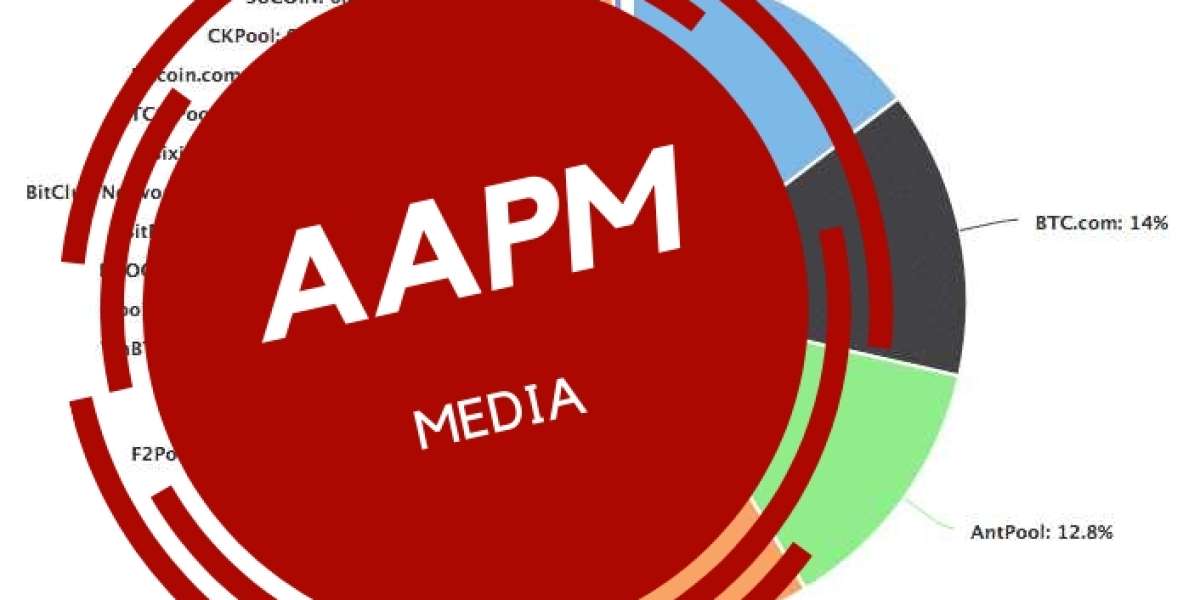In the vast ocean of cryptocurrency, Bitcoin stands as the flagship, captivating the attention of investors, enthusiasts, and miners alike. However, the process of mining Bitcoin isn't a solitary endeavor; instead, it often involves joining forces with others in what are known as mining pools. These pools serve as collaborative hubs where miners combine their computational power to enhance their chances of successfully mining Bitcoin blocks. In this comprehensive guide, we'll delve into the world of Bitcoin mining pools, exploring their significance, inner workings, benefits, and challenges.
Understanding Bitcoin Mining Pools:
Bitcoin mining, at its core, involves the use of powerful computer hardware to solve complex mathematical puzzles. Miners compete to validate transactions on the Bitcoin network, and the first miner to solve a puzzle is rewarded with newly minted Bitcoins. As the network's difficulty increases over time, solo mining becomes less profitable due to the immense computational power required.
Enter mining pools: collaborative platforms where miners pool their resources to increase their chances of earning block rewards. Joining a bitcoin mining pool allows participants to share computing resources, thus improving their likelihood of successfully mining Bitcoin blocks. Pools distribute rewards proportionally among members based on their contributed computational power.
Benefits of Bitcoin Mining Pools:
- Enhanced Profitability: By combining computational resources, miners in a pool can collectively solve more blocks, leading to a more consistent stream of rewards compared to solo mining.
- Reduced Variance: Solo mining can be unpredictable, with long periods between successful block discoveries. Mining pools offer more predictable earnings by smoothing out these fluctuations.
- Access to Specialized Hardware: Some bitcoin mining pool provide access to specialized mining hardware, such as ASICs (Application-Specific Integrated Circuits), which may not be affordable or accessible for individual miners.
- Community Support: Joining a mining pool often means becoming part of a community of like-minded individuals who share knowledge, strategies, and support.
Challenges and Considerations:
- Pool Fees: Most mining pools charge a fee for their services, typically deducted from members' earnings. Miners should carefully consider these fees and their impact on profitability.
- Centralization Concerns: As mining pools grow in size, there is a risk of centralization, where a few large pools control a significant portion of the network's hash rate. This could potentially undermine the decentralized nature of Bitcoin.
- Reliability and Security: Choosing a reputable and secure mining pool is crucial to safeguarding earnings and protecting against potential security threats.
- Network Congestion: Popular mining pools may experience network congestion during peak periods, leading to delays in processing transactions and receiving rewards.
Selecting a Mining Pool:
When choosing a mining pool, miners should consider several factors, including:
- Pool Reputation: Look for well-established pools with a track record of reliability and security.
- Pool Fees: Compare fee structures across different pools and assess their impact on potential earnings.
- Pool Size: Consider joining a pool with a balanced size – large enough to offer consistent rewards but not so large as to raise centralization concerns.
- Pool Features: Evaluate additional features offered by pools, such as payout methods, monitoring tools, and customer support.
Conclusion:
Bitcoin mining pools play a pivotal role in the ecosystem, providing miners with an avenue to collaborate, enhance profitability, and navigate the challenges of solo mining. By understanding the dynamics of mining pools and considering key factors when choosing a pool, miners can optimize their earning potential while contributing to the security and decentralization of the Bitcoin network. As the cryptocurrency landscape continues to evolve, mining pools remain a cornerstone of the Bitcoin mining process, offering a collaborative and efficient approach to securing the network and reaping rewards.
This article provides an in-depth exploration of Bitcoin mining pools, covering their significance, benefits, challenges, and considerations for miners. It also offers practical guidance on selecting a mining pool and emphasizes the importance of maintaining a decentralized and secure mining ecosystem.







